My cold isn’t going away. It’s my Nth day of fever. It doesn’t climb very high, but it’s always there, a narrow fluctuation constantly nagging me. I’ve never had a good immune system.
When I was about 18, during one of my stay at the psychiatric hospital, a member of the medical staff, an intern I think, told me half-jokingly that my problem was much similar to the one La Dame aux camélias had.
A few nights ago, I looked again at Camille, the role of Marguerite Gautier played by a pale and gracious Greta Garbo, and wondered what I could have in common with such a character. I never was mundane nor enjoyed courtship like Marguerite did. I have never expected men to provide financially for my needs. And never sought a life of idleness.
What is it then that I shared with Marguerite?
The melancholia, of course. That, and perhaps the way the body translates the sadness into symptoms and illnesses. Marguerite’s willingness to abandon the fight. Her quick admission to unworthiness. Physical frailness leading to self-annihilation.
This is of course very subjective. We’ll never know how things really were. My version of events certainly clashing with what my sisters remember of our time spent together.
I haven’t talked, it’s true, about my two sisters. We haven’t been in touch since I’ve been in China. More than a decade, in fact. One is almost three years younger than I am, the other, about nine years. Although there were periods when we regularly saw each other, we were never close in the sense of friendship, of what the word implies of generosity and loyalty.
We were raised to be competitive and have been unable to outgrow this posture. I think we did try, though. But terribly failed. We ended up reproducing the same type of relationship my parents had to their own siblings. A rapport mainly made of contempt, jealousy, suspicion.
Because of the greater age difference, I always felt my youngest sister belonged to a different generation than mine. I’ve therefore been better acquainted with my other sister that I will call here, Louise.
As kids, Louise and I never played much together. In my souvenirs, I don’t really know where she was, and she probably doesn’t remember much about me neither. My mother had an expert way of separating us. I don’t think she even did that consciously. She just did it. For as deep as I can dig into the past, I see myself in a bubble filled with my mother’s presence. There’s no one else. And I am sure my sister feels the same way, a bubble for her too where she relates to our mother on an exclusive basis as I did in mine. In other words, my mother could only deal with us one at a time, isolating that link from everything else. In that bubble, we became my mother’s mirror, the recipient of her worries, the audience, what she used to confirm her own existence.
If my mother’s technique was the same for Louise and I, we nevertheless reacted to it quite differently.
Where I was weak, Louise was strong. Where I would fall, she would stand.
In my earliest souvenir of Louise, my mother is trying to force her to eat some seafood. We’re sitting at the kitchen table, and my mother is immensely angry at her, because she is refusing every bite, indifferent to threats of punishment, keeping her lips sealed. My mother becomes exasperated and forces the spoon into my sister’s mouth. A battle follows and my mother, fed up, sends her into the bedroom. As soon as my sister is on the other side of the door, she throws up all over the floor. I mean, not just a bit, but a geyser of puking. Vomit like I’ve never seen before. My sister is standing there, her feet in that disgusting pond, a look of pride in her eyes.
As I’m analyzing the scene, my mother on her knees having to clean the mess in the room, I’m understanding something fundamental about Louise. She knows how to punish our mother, she can stand up to her. She’s unafraid. She makes her pay. I can’t do that. I don’t know how to. My style is not to punish, it is to get punished.
I don’t know how Louise does what she does, but she does it well.
As said, we were kept apart during our childhood and only connected when we reached adulthood.
In more ways than one, the role I’ve played in my mother’s life resembles very much the one I later assumed in my sister’s life, that of the sufferer, the underdog, the one with the victim syndrome.
Louise used my mother’s strength like a boomerang, throwing it back at her; Me, I was hammered by it. My sister's self-centeredness was compact enough to oppose that of our mother. But since both of them needed someone lesser than they were, someone to boss around, to feel superior to, thus reinforcing their image, I guess for the two women I represented the ideal public, a sort of negative reflection of the narcissism that gave them so much power, stubbornness, stance and influence.
In that very sense, I used to resemble Marguerite, the indisposed, chagrined, the ailing creature, the one it’s safe to reject, to point a finger at, who protects herself with a fainting spell, a romantic tear at the corner of her eye, who easily feels guilty for other people’s misery, who becomes the care giver. The one with a body that can concretize the shapeless harm floating around, giving it a name, enabling diagnosis, attracting responsibility, a palpable propensity to accept blame and wrongdoing as the pillar supporting relationships. The one who gets into trouble to indicate how right others were. The one who gets sick so that others can live healthily ever after.
Such a dynamic is complex. Like in the case of the slave and the master, we’re never really sure who has the real power, for what is a master without a slave? The tension therefore builds up. The slave is not that innocent, you know, making the master look pretty nasty… All it takes to shake someone's self-declared reputation of nobility and grandeur is a soft melancholic sigh whispered by the heart, or rings under the eyes like the scars of mistreatment.
Ultimately, Marguerite is the only heroine that matters. She’s dead, yes, but her sad end is what reveals the nature of all the other characters in the story. She’s the altruist. They’re the egotistic fucks. Marguerite has gone to extreme length, putting her life on the line, to prove and win her point. She’s as manipulative as the others are, and from a certain perspective perhaps even more.
I admit it. I have always suspected as much about myself. But it doesn’t mean I could stop it. Only by leaving at the other end of the world, and staying away, far away, could I break the mold and stop my chronic subscription to the mannerism of affliction, privation and loss, and where it has always led, a symbolic kind of death in asylums, thus exposing the idiosyncrasies of family members. Hurting myself thinking it would unmask them.
But contrary to Marguerite, I did realize eventually there were other options. Crueler ones maybe. What if the slave does not die, but finds a happy way out and abandons the master? What if the only audience the narcissist knows suddenly moves to other shows on Earth? That's a bigger win. And a fundamentally vicious one.
I'm much aware of it, trying hard not to rejoice myself too much... After all, dear ones, I have you, my children, my grand-children. Whereas Narcissus, the self-admirer, ends up being nibbled by the seafood.
So the novel has been rewritten, adapted, with a new conclusion, the white camellias of early spring forgotten once the summer offers merrier, flashier bouquets. Then why, tell me, do I still cough, my psyche friable, a constant touch of fever to remind me that I've once loved myself breakable and damaged, bearer of a scent so weak it's almost unrecognizable? Why?
Laolao
When I was about 18, during one of my stay at the psychiatric hospital, a member of the medical staff, an intern I think, told me half-jokingly that my problem was much similar to the one La Dame aux camélias had.
A few nights ago, I looked again at Camille, the role of Marguerite Gautier played by a pale and gracious Greta Garbo, and wondered what I could have in common with such a character. I never was mundane nor enjoyed courtship like Marguerite did. I have never expected men to provide financially for my needs. And never sought a life of idleness.
What is it then that I shared with Marguerite?
The melancholia, of course. That, and perhaps the way the body translates the sadness into symptoms and illnesses. Marguerite’s willingness to abandon the fight. Her quick admission to unworthiness. Physical frailness leading to self-annihilation.
This is of course very subjective. We’ll never know how things really were. My version of events certainly clashing with what my sisters remember of our time spent together.
I haven’t talked, it’s true, about my two sisters. We haven’t been in touch since I’ve been in China. More than a decade, in fact. One is almost three years younger than I am, the other, about nine years. Although there were periods when we regularly saw each other, we were never close in the sense of friendship, of what the word implies of generosity and loyalty.
We were raised to be competitive and have been unable to outgrow this posture. I think we did try, though. But terribly failed. We ended up reproducing the same type of relationship my parents had to their own siblings. A rapport mainly made of contempt, jealousy, suspicion.
Because of the greater age difference, I always felt my youngest sister belonged to a different generation than mine. I’ve therefore been better acquainted with my other sister that I will call here, Louise.
As kids, Louise and I never played much together. In my souvenirs, I don’t really know where she was, and she probably doesn’t remember much about me neither. My mother had an expert way of separating us. I don’t think she even did that consciously. She just did it. For as deep as I can dig into the past, I see myself in a bubble filled with my mother’s presence. There’s no one else. And I am sure my sister feels the same way, a bubble for her too where she relates to our mother on an exclusive basis as I did in mine. In other words, my mother could only deal with us one at a time, isolating that link from everything else. In that bubble, we became my mother’s mirror, the recipient of her worries, the audience, what she used to confirm her own existence.
If my mother’s technique was the same for Louise and I, we nevertheless reacted to it quite differently.
Where I was weak, Louise was strong. Where I would fall, she would stand.
In my earliest souvenir of Louise, my mother is trying to force her to eat some seafood. We’re sitting at the kitchen table, and my mother is immensely angry at her, because she is refusing every bite, indifferent to threats of punishment, keeping her lips sealed. My mother becomes exasperated and forces the spoon into my sister’s mouth. A battle follows and my mother, fed up, sends her into the bedroom. As soon as my sister is on the other side of the door, she throws up all over the floor. I mean, not just a bit, but a geyser of puking. Vomit like I’ve never seen before. My sister is standing there, her feet in that disgusting pond, a look of pride in her eyes.
As I’m analyzing the scene, my mother on her knees having to clean the mess in the room, I’m understanding something fundamental about Louise. She knows how to punish our mother, she can stand up to her. She’s unafraid. She makes her pay. I can’t do that. I don’t know how to. My style is not to punish, it is to get punished.
I don’t know how Louise does what she does, but she does it well.
As said, we were kept apart during our childhood and only connected when we reached adulthood.
In more ways than one, the role I’ve played in my mother’s life resembles very much the one I later assumed in my sister’s life, that of the sufferer, the underdog, the one with the victim syndrome.
Louise used my mother’s strength like a boomerang, throwing it back at her; Me, I was hammered by it. My sister's self-centeredness was compact enough to oppose that of our mother. But since both of them needed someone lesser than they were, someone to boss around, to feel superior to, thus reinforcing their image, I guess for the two women I represented the ideal public, a sort of negative reflection of the narcissism that gave them so much power, stubbornness, stance and influence.
In that very sense, I used to resemble Marguerite, the indisposed, chagrined, the ailing creature, the one it’s safe to reject, to point a finger at, who protects herself with a fainting spell, a romantic tear at the corner of her eye, who easily feels guilty for other people’s misery, who becomes the care giver. The one with a body that can concretize the shapeless harm floating around, giving it a name, enabling diagnosis, attracting responsibility, a palpable propensity to accept blame and wrongdoing as the pillar supporting relationships. The one who gets into trouble to indicate how right others were. The one who gets sick so that others can live healthily ever after.
Such a dynamic is complex. Like in the case of the slave and the master, we’re never really sure who has the real power, for what is a master without a slave? The tension therefore builds up. The slave is not that innocent, you know, making the master look pretty nasty… All it takes to shake someone's self-declared reputation of nobility and grandeur is a soft melancholic sigh whispered by the heart, or rings under the eyes like the scars of mistreatment.
Ultimately, Marguerite is the only heroine that matters. She’s dead, yes, but her sad end is what reveals the nature of all the other characters in the story. She’s the altruist. They’re the egotistic fucks. Marguerite has gone to extreme length, putting her life on the line, to prove and win her point. She’s as manipulative as the others are, and from a certain perspective perhaps even more.
I admit it. I have always suspected as much about myself. But it doesn’t mean I could stop it. Only by leaving at the other end of the world, and staying away, far away, could I break the mold and stop my chronic subscription to the mannerism of affliction, privation and loss, and where it has always led, a symbolic kind of death in asylums, thus exposing the idiosyncrasies of family members. Hurting myself thinking it would unmask them.
But contrary to Marguerite, I did realize eventually there were other options. Crueler ones maybe. What if the slave does not die, but finds a happy way out and abandons the master? What if the only audience the narcissist knows suddenly moves to other shows on Earth? That's a bigger win. And a fundamentally vicious one.
I'm much aware of it, trying hard not to rejoice myself too much... After all, dear ones, I have you, my children, my grand-children. Whereas Narcissus, the self-admirer, ends up being nibbled by the seafood.
So the novel has been rewritten, adapted, with a new conclusion, the white camellias of early spring forgotten once the summer offers merrier, flashier bouquets. Then why, tell me, do I still cough, my psyche friable, a constant touch of fever to remind me that I've once loved myself breakable and damaged, bearer of a scent so weak it's almost unrecognizable? Why?
Laolao



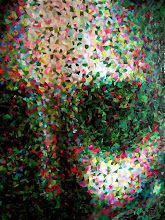
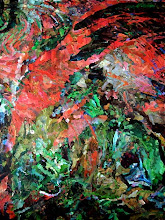
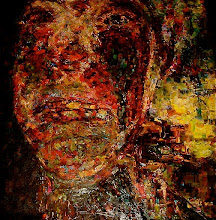
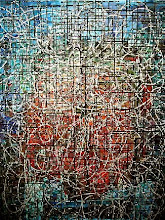
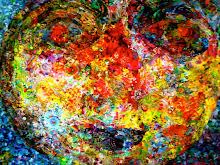
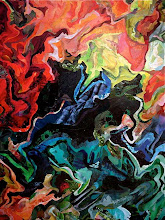
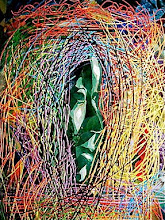
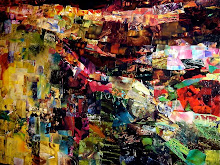

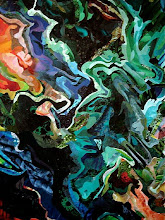
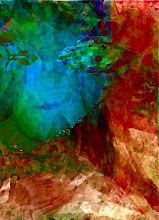.jpg)
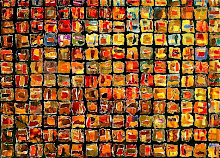
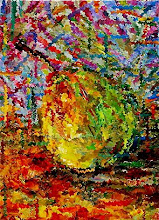
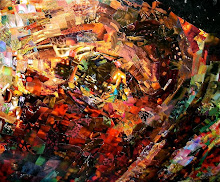
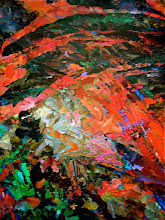
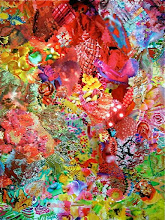
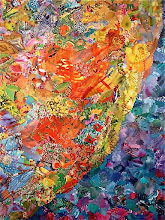
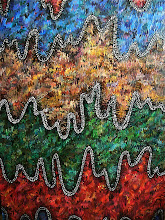
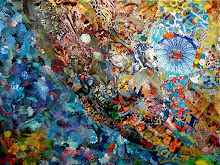
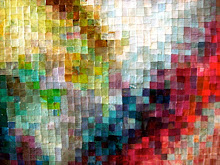

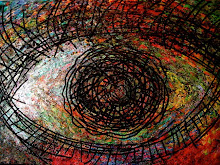
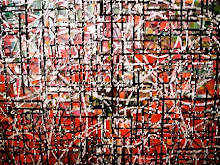

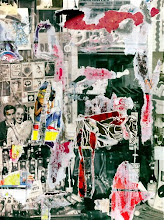
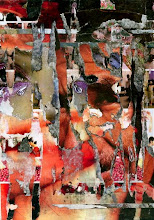
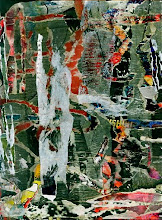
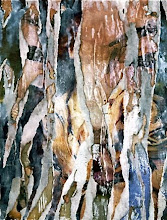


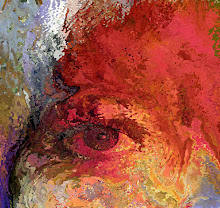
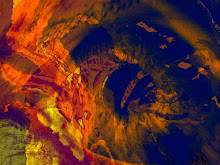
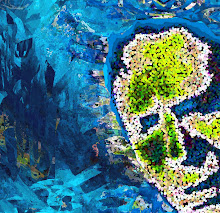
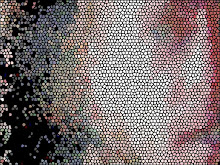.jpg)
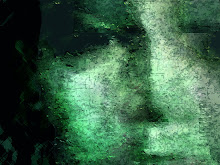
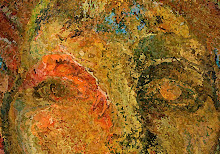
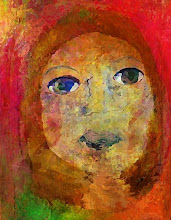.jpg)
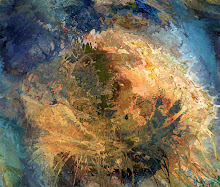
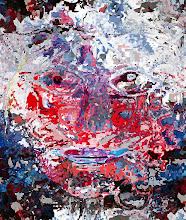
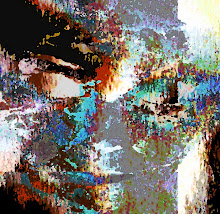
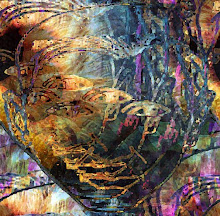


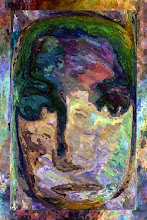photo+album).jpg)
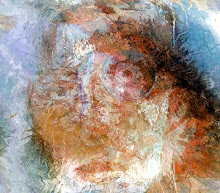.jpg)
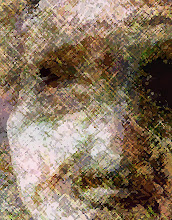
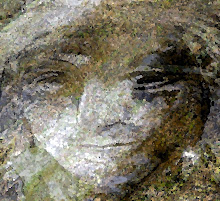
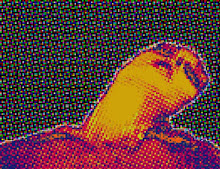
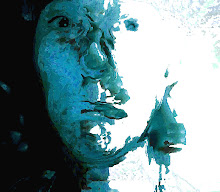
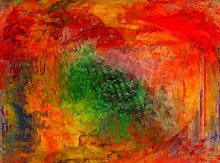





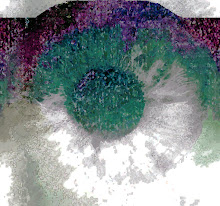
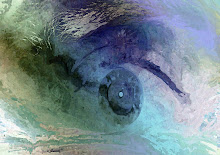

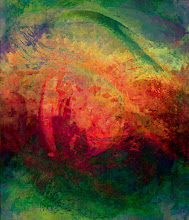

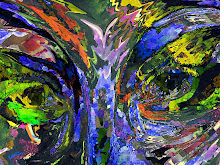
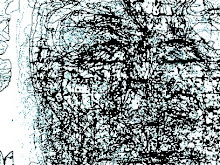.jpg)
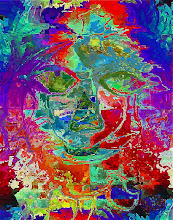

No comments:
Post a Comment